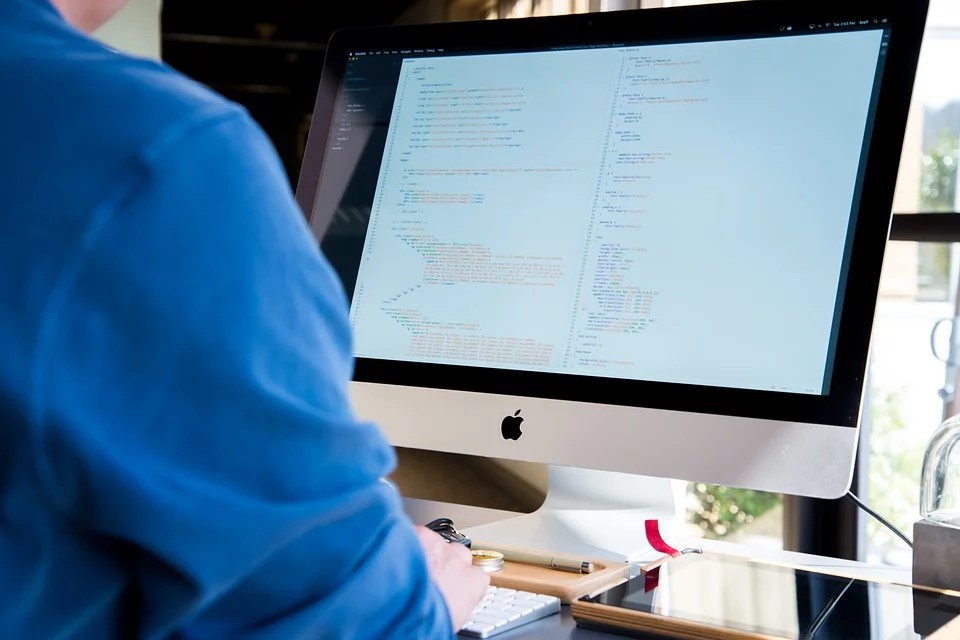Banking Crisis
Fresh UK Clampdowns Underscore Working From Home Risks

Working from home has become standard for tens of millions of people, including those in wealth management. New restrictions have taken effect in the UK, and are doing so in other European countries as a so-called "second wave" of COVID-19 occurs.
UK authorities imposed tougher restrictions to fight the pandemic
in London from midnight on Friday last week, reports said. This
underscores how working from home is the norm for millions of
citizens. And it is fraught with challenges for employers and
staff alike.
Employers of all sizes must understand the challenges arising
from home working, Ami Amin, regulatory lawyer, Constantine Law
and Ben Payne, employment lawyers, Hine Legal, have
warned.
The lawyers say that firms must review and change employees’
working contracts to account for new work arrangements. There are
potential tax and, possibly, immigration law implications if
employees are abroad. Other considerations include having
appropriate home office equipment, such as office furniture,
seating and desks; adequate insurance cover; firms must be sure
that their health and safety obligations to staff are honoured
and updated; employees must follow suitable digital “hygiene” to
avoid heightened cybersecurity risks when using their home
internet; employers may also be required to check whether their
staff are following proper IT protocol and other procedures.
Employers also need to check whether employees discuss
confidential information over the phone or other channels, and
respect company rules. Besides errors, there are more risks of
deliberate abuse, the lawyers said.
“As lawyers we anticipate seeing a parallel rise in regulatory
enforcement cases as such cases come to light. In order to
minimise and mitigate against the risk of regulatory scrutiny, it
is essential that employers take steps to reduce the scope for
such breaches,” they said.
Another area that they stressed which needs scrutiny is
“maintaining professionalism.” “Office working allows employers
to have a level of control over the activities of employees. When
working around colleagues, employees are likely to be more
careful about what they say to each other internally and to
others externally. In the absence of this controlled environment,
there is scope for levels of professionalism to drop, potentially
having a knock-on impact on the quality of the work being
undertaken,” they said.
In August, to give two examples, Schroders, the wealth and
investment house, and the international accountancy firm PricewaterhouseCoopers,
caught headlines with their positions. Schroders, a FTSE-100
company with more than 5,000 staff, said that employees will no
longer have to come to the office. PwC is letting the majority of
its staff work from home.
In the wealth management sector, this news service regularly
talks to C-suite executives, managers and other figures from
their homes, usually via Zoom, Microsoft Teams or other channels.
In-person meetings are rare: this correspondent has had a total
of five in-person meetings for work since the March restrictions
began. Already, journalists have become used to remote working,
using digital workflow tools such as Slack and Basecamp to keep
abreast of tasks.
For millions in sectors such as hospitality, construction,
agriculture, heavy engineering and transport, lockdowns/social
distancing have forced firms to shut operations completely, such
as cinemas, or forced people to wear protective gear in the
workplace, and change how they work. And a large number of people
have been placed on temporary furlough.
This news service will be talking to firms and individuals about
home-working challenges, and for anyone who wants to share their
experiences, please email tom.burroughes@wealthbriefing.com
and jackie.bennion@clearviewpublishing.com
